We may earn revenue from the products available on this page and participate in affiliate programs. Learn More ›
Keeping Documents Locked Up
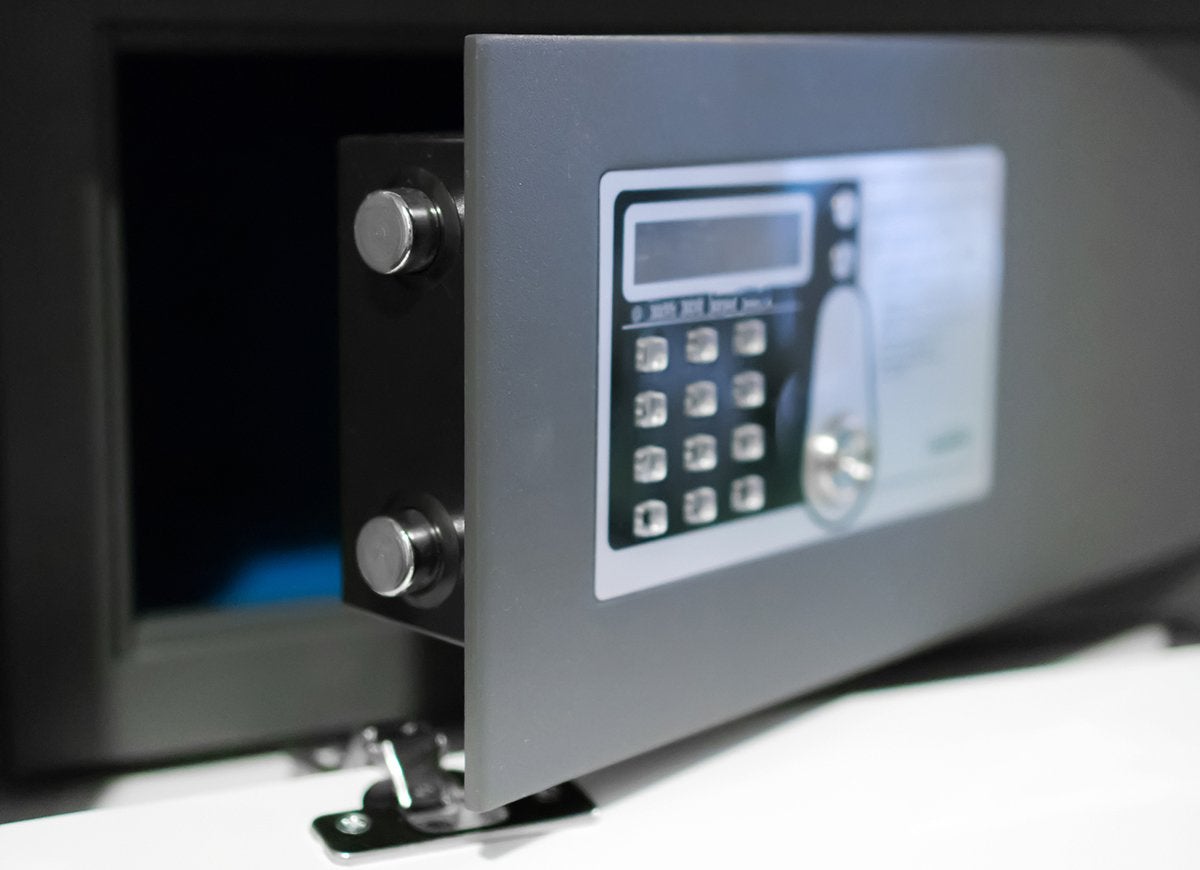
Your home office is a great place to store important papers, but an ordinary file cabinet is not good enough to safeguard certain documents, particularly those that serve to prove ownership, identity, or legal status. Most of these documents belong in a secure place inside your home and shouldn’t be relegated to a bank safe deposit box, where you might not have quick and easy access when necessary.
Social Security Cards
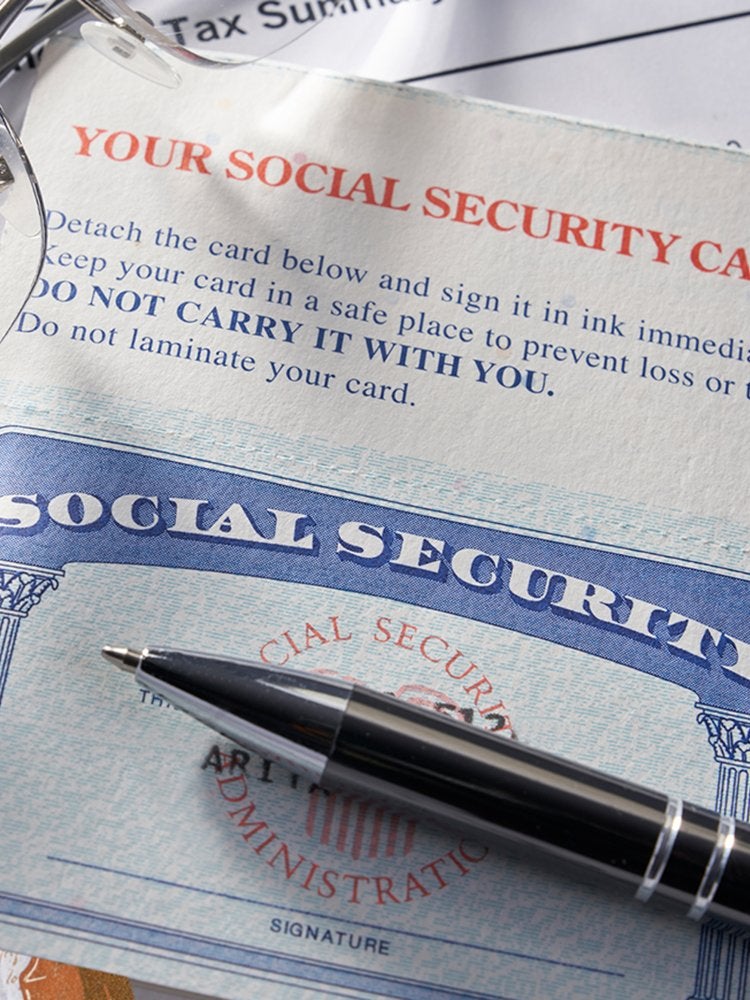
Too many people make the mistake of carrying their social security card in their wallet. Don’t be one of them. Armed with your name, your social security number, and your address—easily found on a piece of discarded mail in your trash can—a would-be identity thief can inflict considerable damage on your financial well-being.
Passports
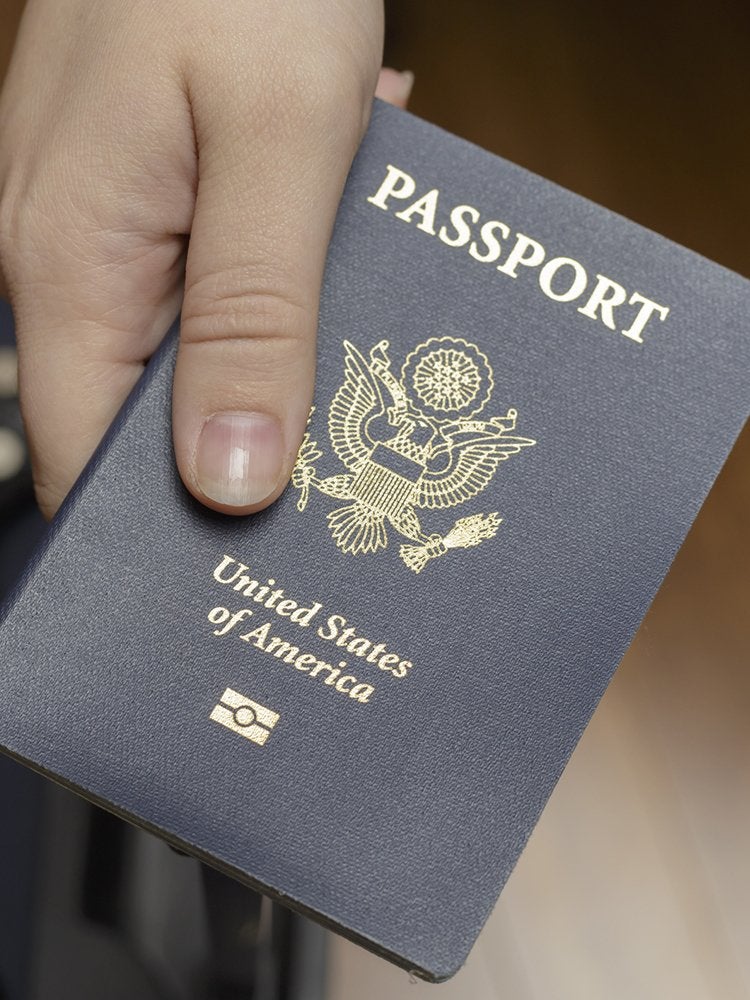
If you travel abroad infrequently, it’s all too easy to toss your passport into a drawer where it soon disappears amid the clutter. Because a passport is a legal document that serves to prove identity, it belongs in a secure spot where it’s safe from theft. Plus, if you keep your passport safely stored away, you won’t have to waste time searching for it when you’re getting ready for your next big vacation.
Birth Certificates and Adoption Decrees
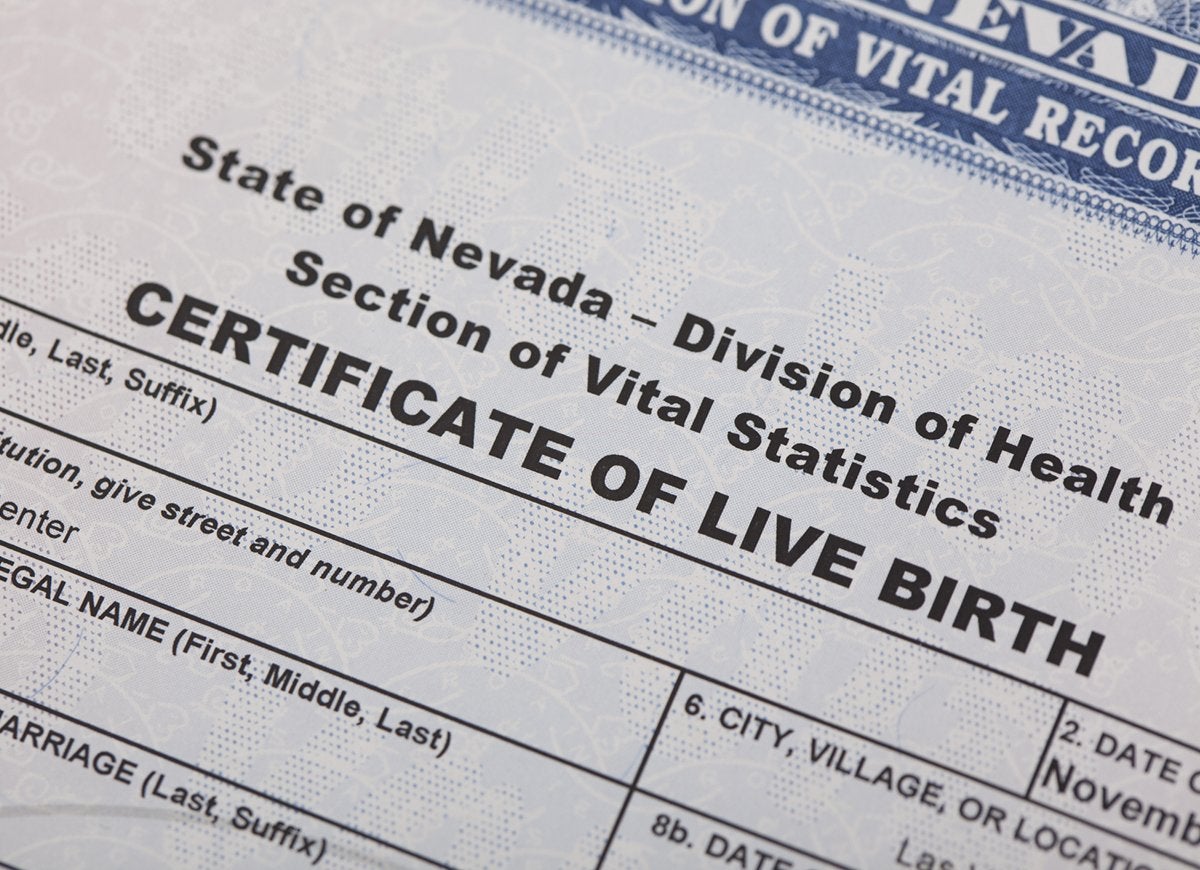
The birth or adoption of a child is one of the happiest of life events, and like so many other life events, it comes with a very important document: a birth certificate or adoption decree. These legal documents are often required to prove citizenship, so keep them safely locked away where they will be easy to retrieve when necessary.
Marriage Certificates
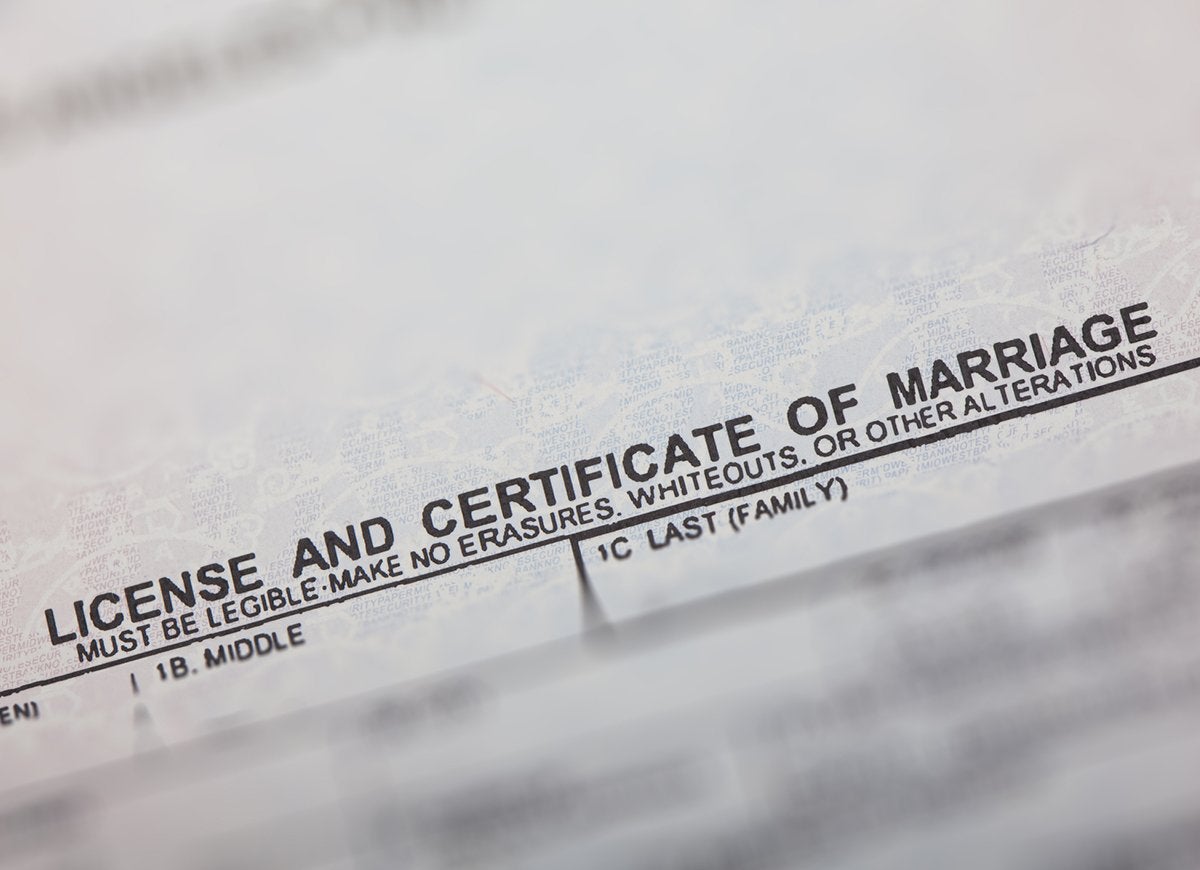
Before getting married, you first need to apply for a marriage license, generally from the county in which the ceremony will be performed. At the ceremony, you and your new spouse, one or two witnesses, and your officiant will sign the license, and then the officiant will return it to the county clerk’s office. A few weeks later, you will receive your certified copy of the official marriage certificate in the mail. This is a document of public record that proves that your marriage is legal, and it should be kept in a fireproof box or safe.
Financial Statements

Keep documents related to retirement accounts, pensions, stocks and bonds, insurance policies, CDs, loans, the past few years of tax returns, and any other similar types of financial statements and documents in your safe. You’ll want to be able to find this information quickly when you need it. As well, these types of documents frequently include your social security number and other personal information that can be used for identity theft.
Property Deeds
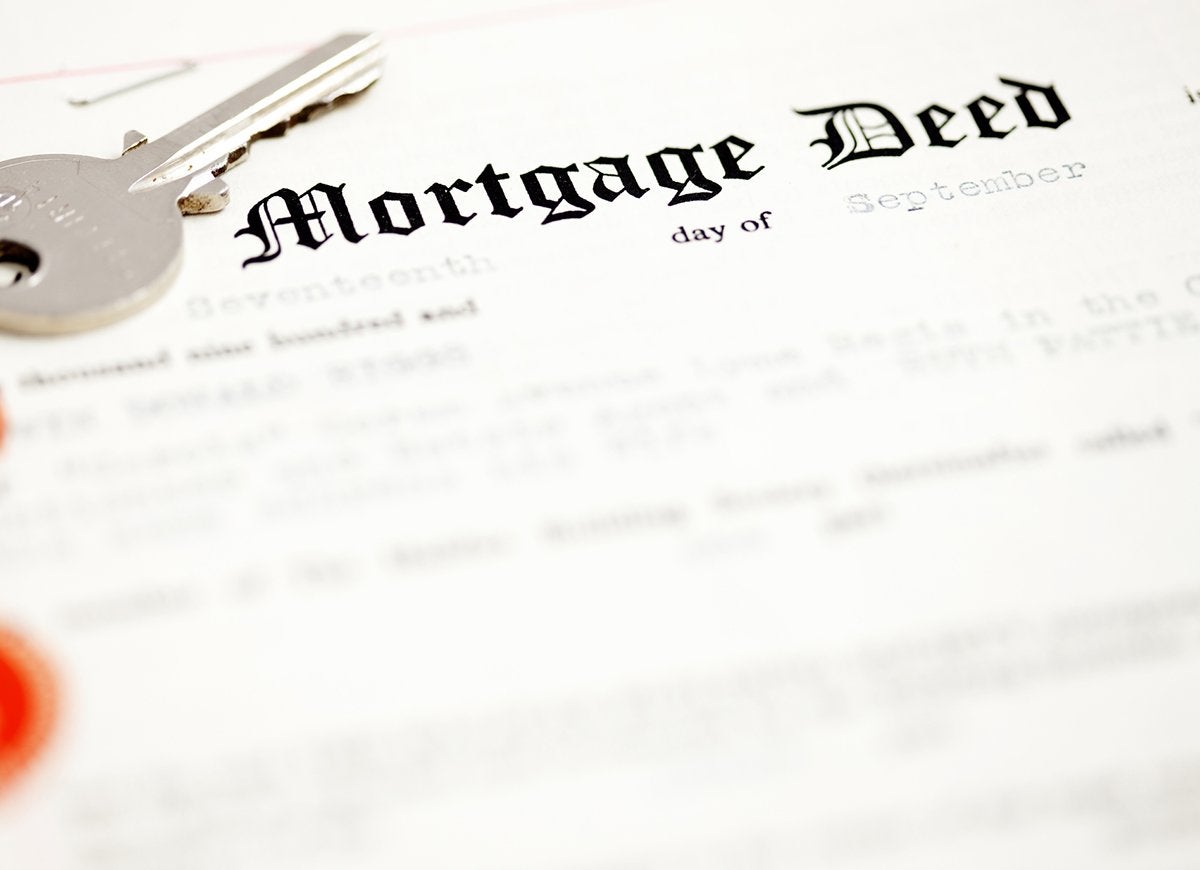
The property deed to your home or any other real estate belongs in a safe, fireproof spot. If you don’t yet own your home outright and are still paying off the mortgage, keep the signed documents and lender information in a safe or firebox where they can be found quickly when needed and are protected from fire or theft.
Automobile Certificate of Title
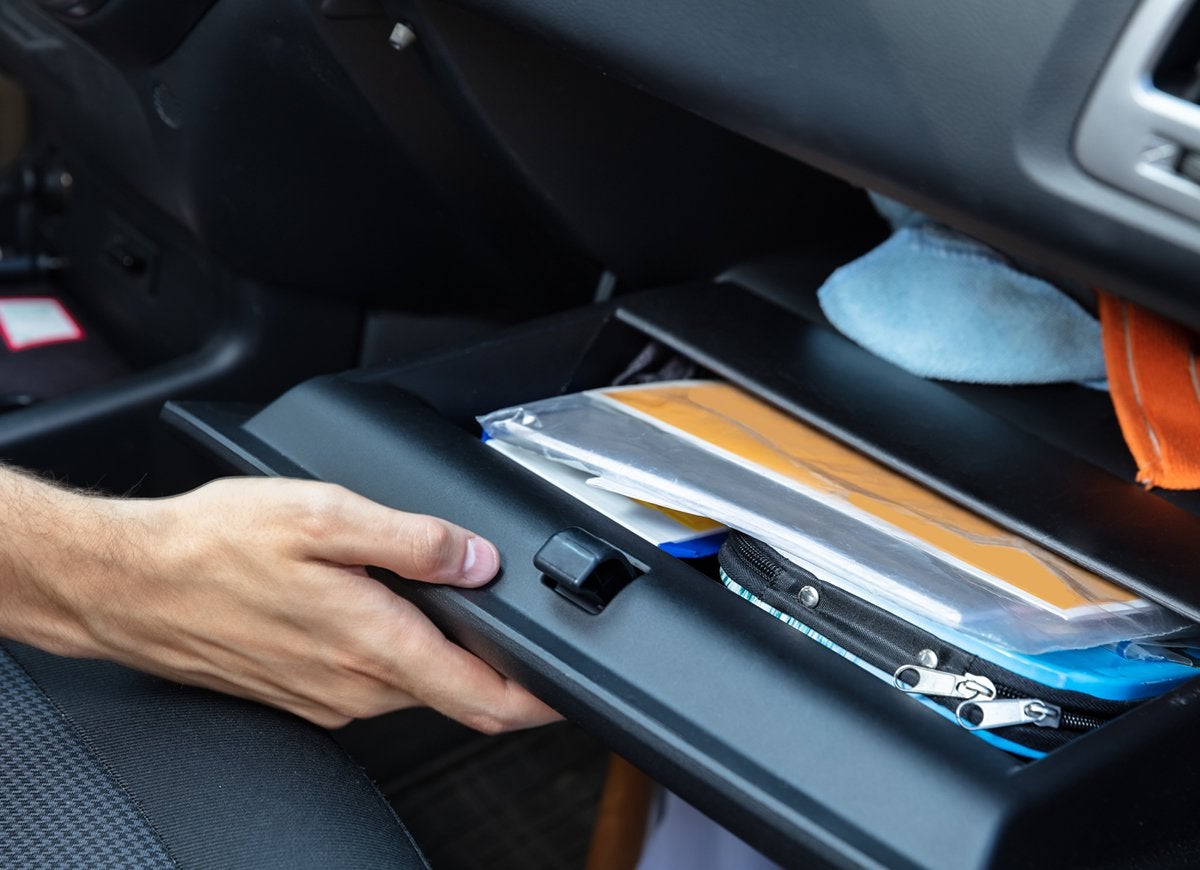
Your car’s certificate of title—often called a pink slip, because some states, notably California, used to print them on pink paper—proves your legal ownership of the vehicle and includes the form for transferring ownership to another person. Because of this, it should be stored somewhere safe and should not be kept in your car’s glove box. You should, however, always have proof of auto insurance and your current car registration in there.
Divorce Decrees
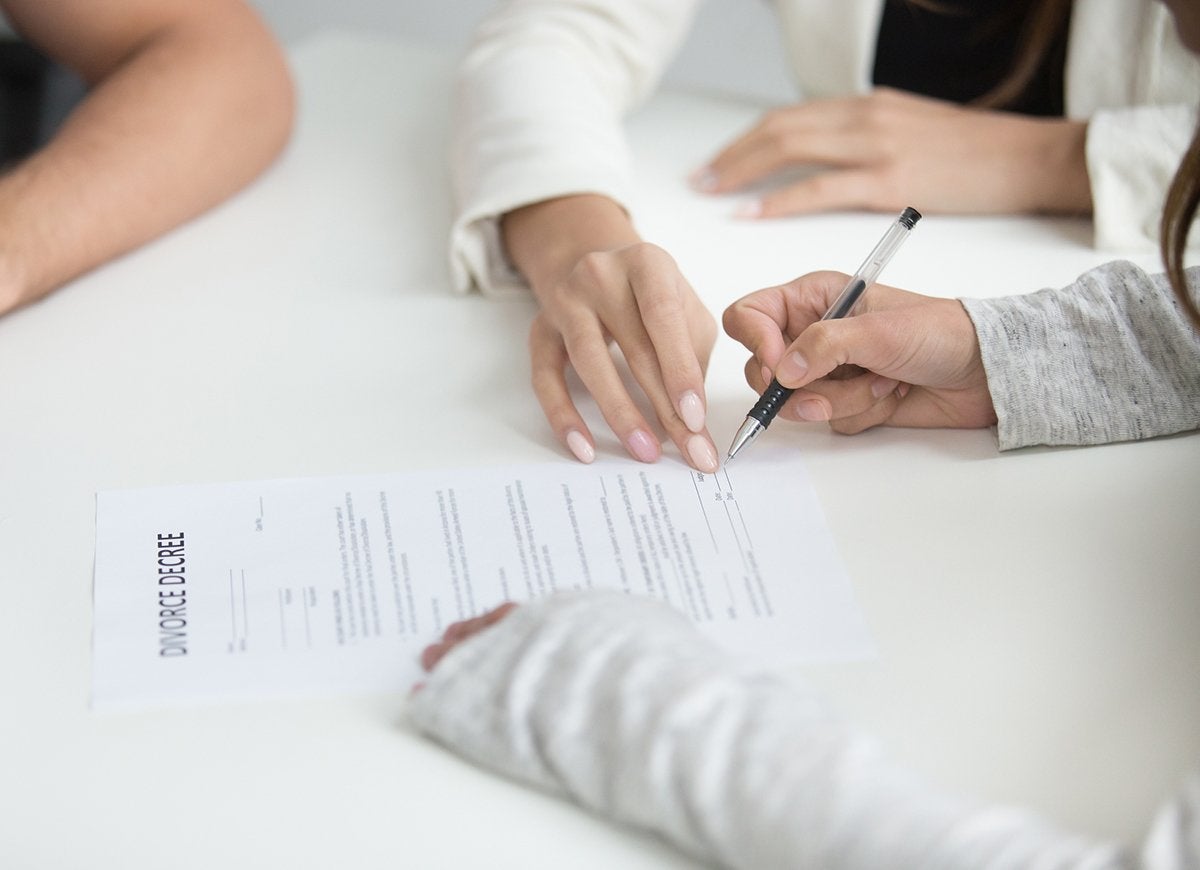
Divorce is a painful and often long process that involves a considerable amount of paperwork, some of which is legally binding. While you don’t need to keep every back-and-forth exchange of papers between you and your ex-spouse—or more likely, between your attorneys—you do need to hold on to the official decree of divorce signed by the judge who presided over your case. The divorce decree spells out the details of the divorce settlement, including child support, alimony, division of assets, and child visitation agreements, so keep it safely stored.
Wills
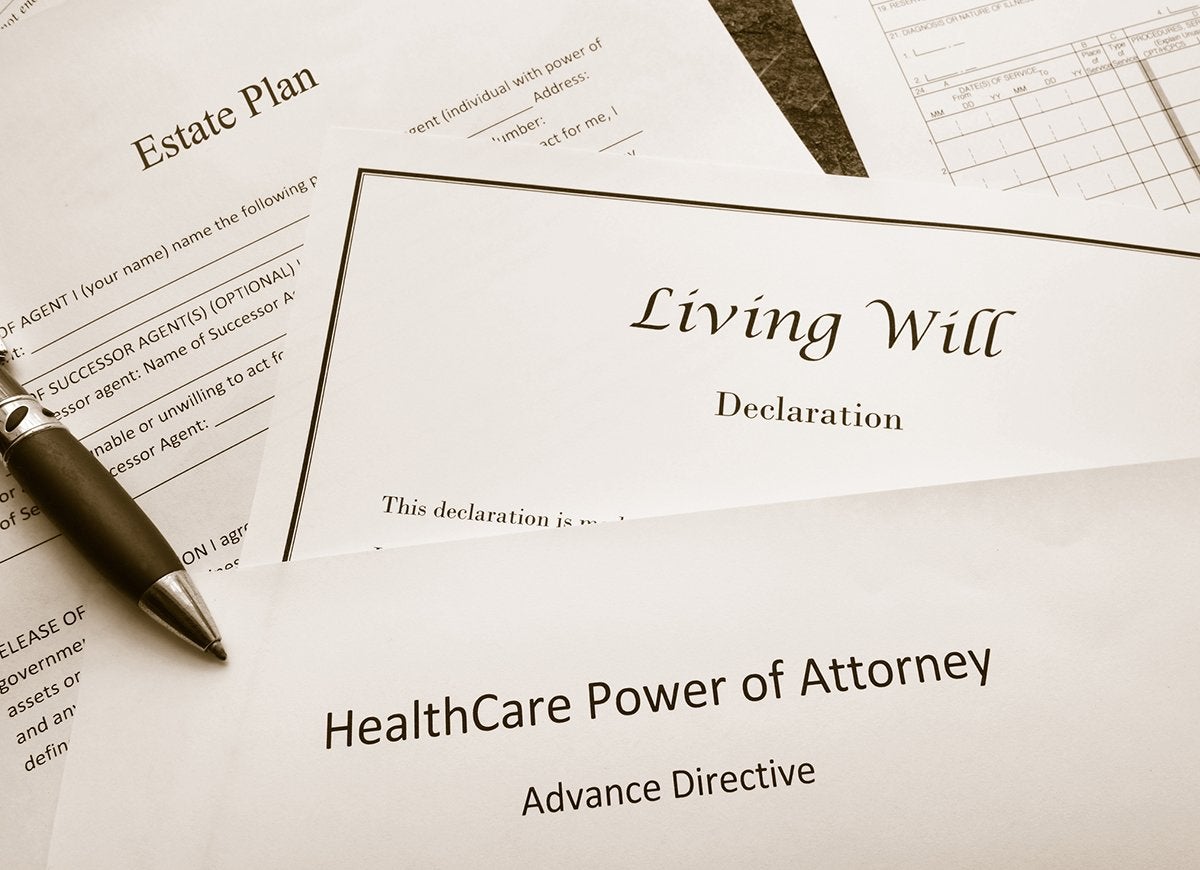
Most legally binding wills require at least two witnesses, but several states recognize holographic wills, which have no witnesses and are entirely handwritten (not typed and then signed) by the testator (the person whose will it is). Your will is your final statement conveying your wishes for the division of your assets after your death. As such, it needs to be in a spot where it’s safe from prying eyes during your lifetime. Make sure, however, that your designated executor knows where to find it when it’s time to carry out your wishes.

Everything You Need for a Lush and Healthy Lawn
Keeping your grass green and your plants thriving doesn’t just take a green thumb—it starts with the right tools and supplies.
